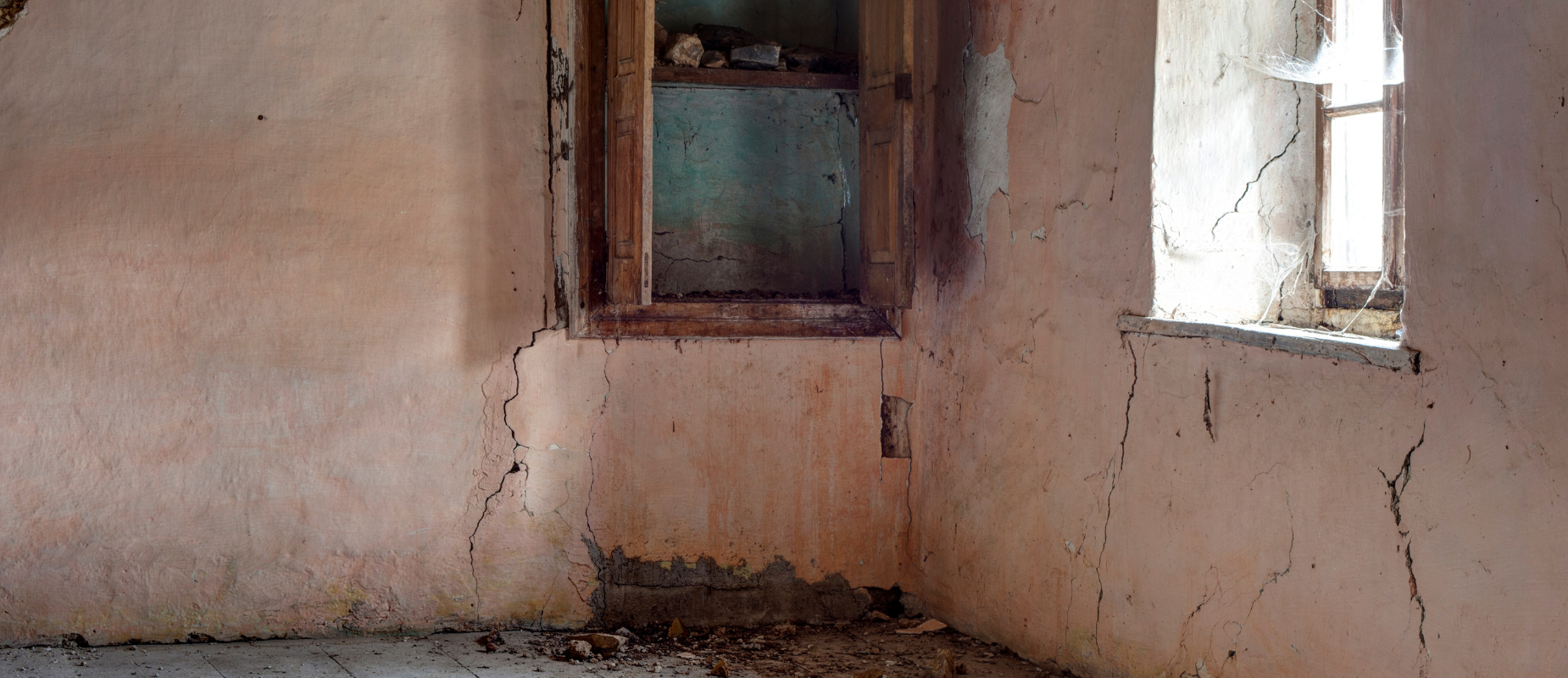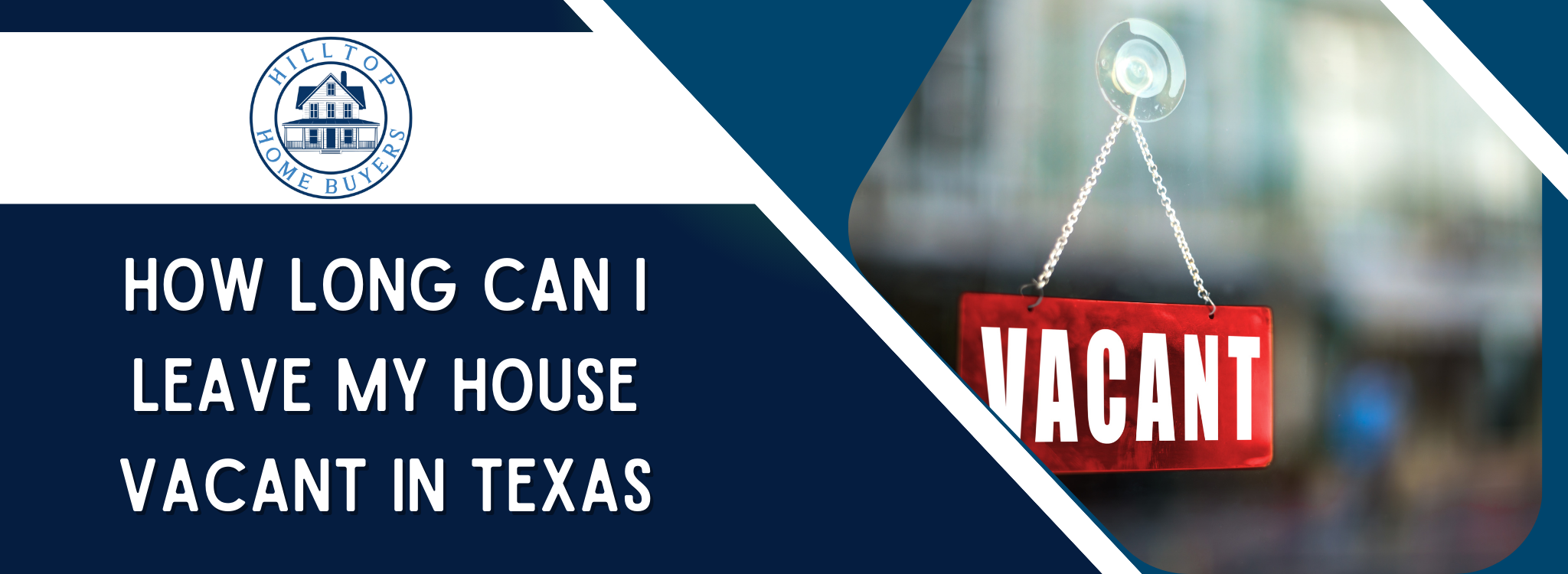
Planning Ahead: Creating An Emergency Protocol For Your Unoccupied House
In Texas, empty homes can cause property owners a lot of problems, such as legal issues and safety risks. To keep your property safe during long periods of empty occupancy, you need to have a well-thought-out emergency plan in place.
For example, all entry points should be locked, the property should be checked on a regular basis, and the right insurance should be in place. Additionally, it is important to know about any laws and rules in your area that apply to empty homes.
By being proactive and making a full emergency plan, you can make sure that your empty house stays safe and secure until you are ready to move back in.
TABLE OF CONTENTS
- Planning Ahead: Creating An Emergency Protocol For Your Unoccupied House
- Anticipating And Preparing For Potential Vacancies In Your Home
- The Dangers Of Leaving Your Home Vacant And How To Properly Prepare For Them
- Worst-case Scenarios: Dealing With Trespassers Or Stolen Items In Your Vacant Home
- Returning To A Surprise: Steps To Take When Discovering Issues In Your Vacant Home
- Maximizing Safety And Security For Your Empty Home
- Maintaining Curb Appeal While Managing A Vacant Property
- Financial Considerations When Leaving Your House Unoccupied
- Technology Solutions For Monitoring And Protecting A Vacant Property
- Alternative Options For Managing An Empty House, Including Renting Or Selling
- Despite Myths, Texas Has Rules On How Long You Can Leave Your House Unoccupied Before Losing Rights
- Protecting Your Property: Understanding Tax Liens And Lockouts When Leaving Your Home Vacant
- Unclaimed Personal Property: What Happens To Possessions Left Behind In A Vacant Home?
- How Long Before A House Is Considered Abandoned In Texas?
- What Is Considered Abandonment By A Tenant In Texas?
- How Do You Take Ownership Of Abandoned Property In Texas?
Anticipating And Preparing For Potential Vacancies In Your Home
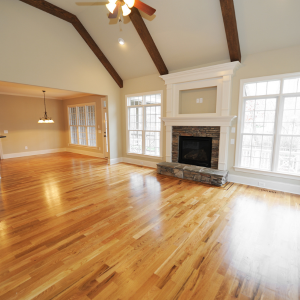
Vacant homes in Texas can be a major source of concern for property owners, particularly those who plan to be away from their homes for an extended period. To protect your property from damage or illegal occupation, it’s crucial to understand and follow Texas laws regarding vacant properties.
To anticipate and prepare for potential vacancies in your home, secure all entry points, such as doors and windows, with heavy-duty locks. Furthermore, keeping your property’s exterior in good condition and installing motion-activated lights can deter potential trespassers.
It is also advisable to notify your neighbors and local authorities of your absence in order to keep an eye on your property. Hiring a reputable property management company can enhance security and maintenance during your absence.
Taking proactive measures can reduce the risks of leaving your home vacant in Texas for extended periods.
The Dangers Of Leaving Your Home Vacant And How To Properly Prepare For Them
Long-term homelessness can come with a number of risks and hazards. When it comes to leaving their property unoccupied, homeowners in the state of Texas need to be aware of certain laws and regulations.
One significant risk is the increased risk of theft and break-ins since vacant homes are perceived as easy targets by thieves. Furthermore, vacant houses can easily become dilapidated and cause expensive damages if proper maintenance and upkeep are neglected.
As a way to adequately prepare for these risks, homeowners can hire a property management company to supervise maintenance duties, install security measures like cameras or alarm systems, and notify their insurance provider of the extended vacancy to ensure coverage in the event of any incidents. In Texas, you can keep your property safe while it’s unoccupied by following these safety measures.
Worst-case Scenarios: Dealing With Trespassers Or Stolen Items In Your Vacant Home

One of the worst-case scenarios for owners of vacant homes in Texas is dealing with trespassers and stolen items. When a property sits unoccupied for extended periods of time, it becomes a target for criminal activity.
Individuals stealing valuable items or squatters taking up residences without permission are examples of illegal activity on the premises. This not only jeopardizes your property but also raises the possibility of homeowner liability.
Understanding the laws and taking the necessary precautions can help protect your vacant home from these unfortunate events.
Returning To A Surprise: Steps To Take When Discovering Issues In Your Vacant Home
As a Texas homeowner, you should be aware of the laws and regulations governing vacant homes. Leaving your property unoccupied for an extended period of time exposes it to a variety of threats, including theft, vandalism, and natural disaster damage.
If you return to your vacant home and discover any of these issues, you should take immediate action. First, determine the extent of the damage and record it with photographs or videos.
Contact your insurance company to see if the damages are covered by your policy. You are also advised to file a police report and contact a reliable contractor as soon as possible to begin repairs.
By acting quickly, you can protect your property and reduce further damage or losses.
Maximizing Safety And Security For Your Empty Home
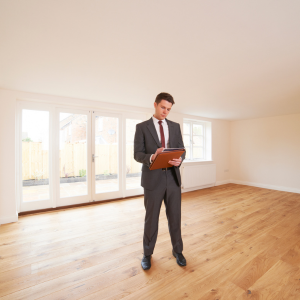
When purchasing a vacant home in Texas, it is critical to understand the laws and regulations that govern the property. Not only do these laws protect your investment, but they also ensure the safety and security of your vacant home.
One important aspect of maximizing safety and security in your vacant home is to ensure that all doors and windows are properly secured with strong locks. Installing an alarm system and receiving regular check-ins from a trusted neighbor or property management company can enhance security.
It is also critical to keep the home’s exterior in good condition to avoid potential hazards or break-ins. By staying informed about the laws and taking the necessary precautions, you can ensure that your vacant home is safe and secure during extended periods of vacancy.
Maintaining Curb Appeal While Managing A Vacant Property
Texas has a significant number of vacant homes, and as a property owner, I believe it is critical to understand the laws that govern these properties. Leaving a home vacant for an extended period of time can lead to a variety of issues, including vandalism, theft, and even squatters.
However, maintaining a vacant property’s curb appeal can help avoid these issues. Regularly mowing the lawn, keeping the exterior clean and well-maintained, and installing security measures such as motion-sensor lights can all help deter potential intruders.
Furthermore, having someone check on the property regularly can help identify problems early on and prevent them from worsening. By taking these precautions, you can protect your property while it is vacant and in compliance with Texas law.
Financial Considerations When Leaving Your House Unoccupied
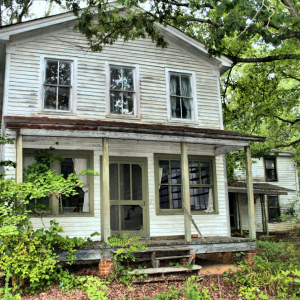
When leaving your Texas house empty for a long period of time, several financial issues should be considered. First, you should let your insurance company know and make sure your homeowners’ policy covers vacant houses.
Certain insurance firms might charge higher premiums for vacant properties or demand extra coverage. Maintaining regular payment of utility bills and property taxes also helps to prevent any penalties or legal problems.
You should also think about paying a property management company to keep your empty house free from possible damage or break-ins. Finally, be sure to screen possible tenants carefully and have a clear rental agreement in place to guard your rights as a landlord should you intend to rent out your house while it is vacant.
Acting early and considering these financial factors will help protect your Texas property during its vacancy.
Technology Solutions For Monitoring And Protecting A Vacant Property
With the increasing number of vacant homes in Texas, it’s crucial for property owners to understand the laws and regulations governing these properties. One of the most difficult challenges for vacant homeowners is effectively monitoring and protecting their property over time.
Fortunately, technological solutions such as smart security systems and remote monitoring cameras have greatly simplified this task. These advanced tools enable property owners to monitor their vacant homes from anywhere in the world, giving them peace of mind that their property is secure.
Some systems include motion sensors and alerts to detect unauthorized activity and break-ins. By using these technological solutions, property owners can ensure that their vacant homes are safe while they are away.
Alternative Options For Managing An Empty House, Including Renting Or Selling
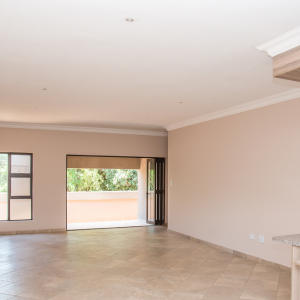
When it comes to managing an empty house in Texas, homeowners have a few alternatives to consider. One option is to rent the vacant property to tenants.
This can generate income while also ensuring regular property maintenance. Another option is to sell the vacant home, especially if the prolonged vacancy is due to financial difficulties or relocation.
Selling the property can reduce the expenses and responsibilities associated with owning a vacant home. Whatever option you choose, it is critical to understand the laws governing vacant homes in Texas and take the necessary precautions to protect your property during this extended period.
Despite Myths, Texas Has Rules On How Long You Can Leave Your House Unoccupied Before Losing Rights
Many people believe that there are no laws in Texas governing how long a home can be vacant before the owner loses title to the property. However, this is just a myth.
In fact, Texas has specific regulations governing how long a house can be left unoccupied before being considered abandoned and subject to legal action. These laws differ depending on the county and city in which the property is located, but it is critical that homeowners understand and follow them in order to protect their rights and avoid potential penalties or consequences.
By staying informed about the laws governing vacant homes in Texas, homeowners can ensure that their property is legally protected for an extended period of time.
Protecting Your Property: Understanding Tax Liens And Lockouts When Leaving Your Home Vacant
When it comes to leaving your home vacant in Texas, understanding the law and protecting your property for extended periods is critical. To avoid tax liens, it’s important to pay taxes on vacant properties.
These liens can result in fines and even the sale of your home to pay off unpaid taxes. Furthermore, if you intend to leave your home vacant for an extended period of time, you should take precautions to avoid lockouts.
This includes ensuring that all locks are secure and giving a trusted individual a key or access code to enter the property in the event of an emergency. You can protect your property from potential tax issues and unauthorized entry during Texas vacancy periods by staying informed and taking the necessary precautions.
Unclaimed Personal Property: What Happens To Possessions Left Behind In A Vacant Home?

In the state of Texas, vacant homes present a unique challenge for homeowners. In addition to protecting their property from damage or theft, homeowners must also be aware of laws regarding unclaimed personal property left behind in a vacant home.
When a tenant or homeowner leaves possessions behind in a vacant home, it’s crucial to know what happens and how to handle them legally. Failure to adhere to proper procedures may result in legal consequences for the property owner.
Property owners must educate themselves on the laws and take the necessary precautions to protect their own interests when dealing with unclaimed personal property in a vacant home situation.
How Long Before A House Is Considered Abandoned In Texas?
Texas does not have a set deadline for a house to be deemed abandoned. Nonetheless, the law states that a property can be declared abandoned if it has been empty for a long period of time and exhibits evidence of neglect or lack of maintenance.
This can cover visible damage, such as broken windows and overgrown yards. Homeowners should realize their obligation to keep their empty houses in order to avoid their classification as abandoned.
Regular property inspections and appropriate actions, such as hiring a property manager or securing the premises, help homeowners safeguard their investments and prevent possible legal issues.
What Is Considered Abandonment By A Tenant In Texas?
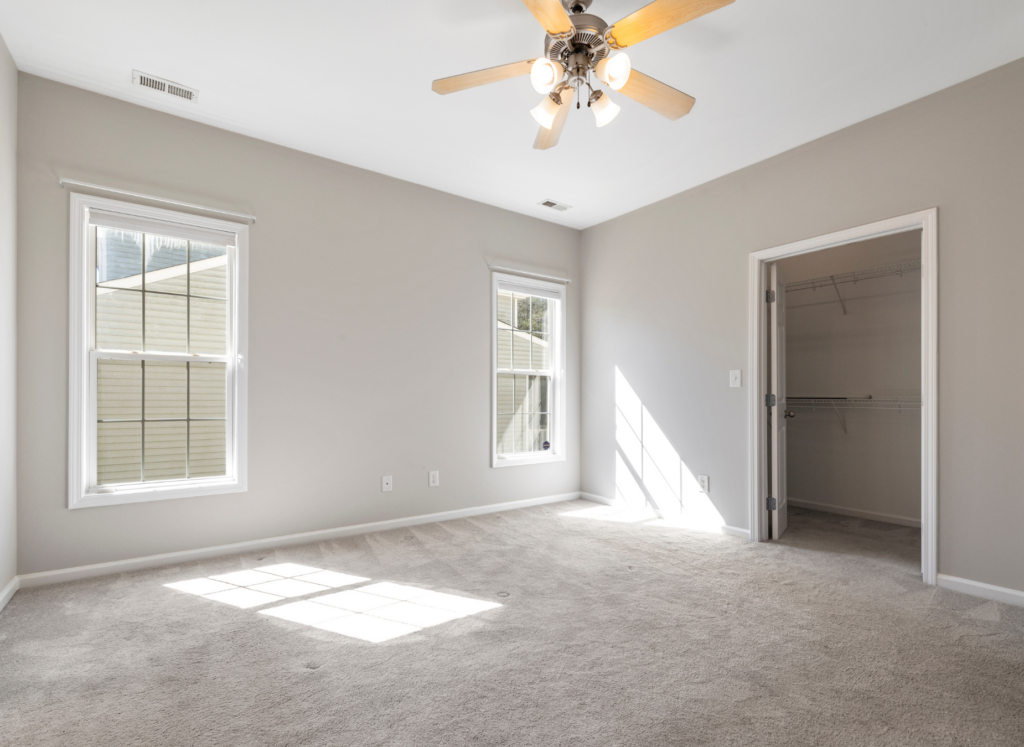
To protect your vacant home in Texas, it’s important to understand the laws and how to do so for extended periods. One of the most common issues that landlords face is tenant abandonment.
But exactly what constitutes tenant abandonment in Texas? According to state laws, if a tenant is absent from the property without notice for more than 30 days and has not paid rent or attempted to communicate, it may be considered abandonment. Landlords must properly document and notify tenants of their absence before taking legal action.
Landlords can effectively protect their properties from potential tenant abandonment damage by being aware of the laws and acting accordingly.
How Do You Take Ownership Of Abandoned Property In Texas?
Vacant homes in Texas pose a unique challenge for both homeowners and potential buyers. Understanding the laws governing abandoned properties is critical to protecting your rights and ensuring a smooth process of taking ownership.
In Texas, abandoned property can be acquired through adverse possession, which entails meeting certain criteria, such as continuous possession for at least ten years and payment of property taxes. Foreclosure proceedings involve filing a lawsuit against the owner for failing to pay their mortgage or taxes.
Regardless of which path you take, having proper legal representation is critical for navigating the complex laws and protecting your property for extended periods of time.
This information applies to Texas and its cities, including Irving, Plano, and Sherman. For assistance or questions, please call us at (833) 962-2274. You can also visit our website at Hilltop Home Buyer for more details.
Resources For Texas Homeowners
| LEGAL CONCEPT | RENTERS | INSURANCE CARRIERS | TENANCY | OPEN AND NOTORIOUS | SQUATTING |
| HOMEOWNERS’ ASSOCIATION | HOA | LENDER | ATTORNEYS | LAWYERS | WATER |
| LIBRARY | BURGLARS | BURGLARY | VANDALS | THIEVES | |
| REAL ESTATE | REAL ESTATE LAW | FEE | RESEARCH | MORTGAGE LOAN | LEASE |
| TENANCY AGREEMENTS | LEASE OR RENTAL AGREEMENT | EVICTED | EVICTION | STATUTE | MONEY |
| LAW LIBRARY | INSURANCE POLICIES | CREDIT | COURT | TERMS OF USE | SPACE |
| CERTIFIED MAIL | PRIVACY POLICY | PRIVACY | OCCUPANCY | NEWSPAPERS | MARKETING |
| LOAN | FURNITURE | ASSETS | THE STATE LAW LIBRARY |

